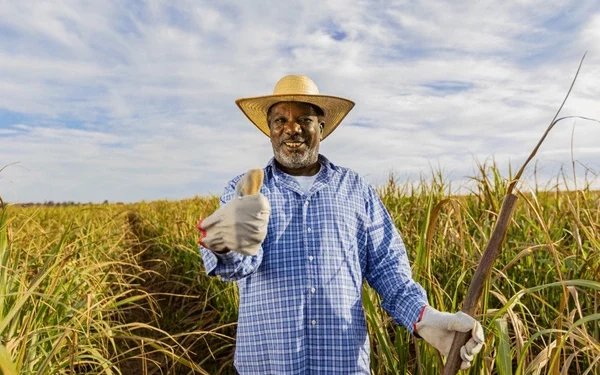Africa’s agriculture ministers are meeting in Kampala, Uganda, this week to develop a 10-year action plan aimed at transforming the continent’s food production systems. The goal is to reduce reliance on imported food, adapt farming practices to climate change, and integrate modern technology to ensure sustainable agriculture.
Uganda’s Prime Minister Robinah Nabbanja, speaking at the summit’s opening, called on ministers to create policies that position Africa as food self-reliant.
“As the continent’s agriculture sector ministers, I urge you to deliberately work to reduce Africa’s over-reliance on food imports from outside of the continent,” Nabbanja said. “We must position the continent in such a manner that our agriculture sector is resilient to climate change as well as other shocks and is adaptive to advances in technology.”
The summit, which includes over 2,000 delegates, comes at a critical time as Africa faces escalating food prices due to climate change, conflicts, and shrinking farmlands. According to the U.N. trade and development agency UNCTAD, global food insecurity rose sharply from 512 million people in 2014 to over 790 million in 2021, further underscoring the urgency for action.
David Nabarro, co-founder of the 4SD Foundation, highlighted Africa’s potential to achieve food self-sufficiency through regional cooperation. “This could lead to Africa becoming less dependent on importing nutritious food and, in some cases, transitioning to a net exporter within a decade,” Nabarro said.
Appolinaire Djikeng, director of the International Livestock Research Institute, emphasized the need for collaboration and greater investments in agriculture. “The food systems challenges demonstrated that one organization cannot do it alone. It’s about a coalition,” Djikeng said. “Governments must commit to investing in agriculture, building capacity, and developing the right policies.”
Progress under the Comprehensive African Agricultural Development Programme (CAADP) has already seen some nations, including Benin, Ethiopia, Lesotho, and Malawi, allocate over 10% of their budgets to agriculture.
The summit concludes on Saturday, with heads of state expected to endorse a new CAADP strategy and action plan for 2026–2036. This blueprint could redefine Africa’s food systems, enabling the continent to tackle its challenges and unlock its agricultural potential.









